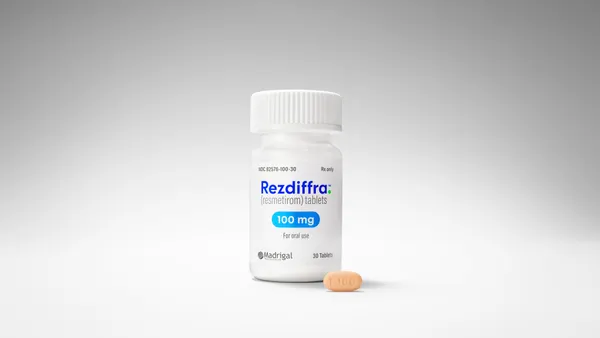“Yeah, But What’s It Gonna Cost?" Finding advantage in healthcare professional-patient discussions of medication value in challenging economic times Meaghan Onofrey, President, MBS/Vox, part of CommonHealth In the current economic downturn, many consumers are cutting back, in all areas of their lives. Unfortunately, medication falls within that domain. In fact, a recent article in The New York Times* detailed that for the first time in at least a decade United States consumers are trying to get by on fewer prescription drugs because of cost concerns. As marketers, many of us have been struggling with how to attack this issue, amidst shrinking budgets of our own, which makes additional investment difficult. Asking the Right Questions In order to find innovative, efficient solutions for dealing with this issue head-on, healthcare marketers should be asking the following key questions about the impact of the in-office dialogue between healthcare professional and patient. We need to understand this critical dialogue, and ultimately leverage its ability to confront, mitigate and resolve cost concerns: • Before they stop taking medications, what do patients say to their healthcare professionals? • How do healthcare professionals respond? • Do these discussions have an impact on the ultimate decision? • How can we use this conversation to our advantage? Several years ago, a healthcare professional would write a prescription without being too concerned about the financial burden on the patient — and without a desire to have that awkward conversation. On the other hand, patients were not as empowered to raise the topic. As a result, it was not talked about very often. The Difficult Conversation: Price However, the current recession has altered the landscape dramatically. Discussions of cost within the healthcare professional-patient dialogue have become more and more common. Interestingly enough, physicians are just as likely to raise this topic as are patients. The stigma has dissipated because everyone is now suffering. The topic is no longer taboo, and the playing field is more level. Our culture is slowly shifting into one that puts an emphasis on “value." Healthcare professionals and patients can align on the need to save money whenever possible. The most important insight into these discussions is that having a discussion is better than not having one at all. When patients cite cost concerns, and indicate that they might need to cut back, healthcare professionals talk about cutting back as a last resort. So what do the most adept practitioners say first? First, they explain the long-term risks of cutting back on medications, and reinforce the need to continue taking medicine as directed and directly highlighting the value of the therapy. Patients often need to be reminded of this as they are focused on the short-term, and do not take these issues into consideration. Next, practitioners determine how the tools they have at their disposal to help patients manage cost – support programs, coupons, etc – might be used in the situation. Typically, they end up with a solution that does not entail cut-backs. And patients are more engaged in their care, and willing to stay on their medications, because they have a renewed understanding of the goals of treatment for the foreseeable future. Changing the Discussion to Value Therefore, fostering an appropriate healthcare professional-patient dialogue about value, and how to deal with cost beyond cut-backs, can ensure that patients stay on their medications. We should encourage patients to raise concerns, and provide healthcare professionals with talking points to problem-solve accordingly. So, as we consider our key messages for healthcare professionals and patients around the value of our brands and how to manage through challenging financial times, we should encourage them to talk to one another. Promoting this critical discussion around value and strategies for controlling cost can combat discontinuation and make our brands more successful. n Source: New York Times, Oct. 22, 2008 Promoting a critical discussion around value and strategies for controlling cost can combat discontinuation and make brands more successful. MBS/Vox, part of CommonHealth MBS/Vox, CommonHealth’s reality-based research consultancy unit, specializes in the analysis of healthcare communication through the observation of video-recorded interactions in the exam room, the hospital, the home, and on-line to uncover how brands are actually being discussed. For more information visit commonhealth.com/mbs/vox.
An article from


"Yeah, But What's It Gonna Cost?"
Filed Under:
Commercialization








